Electric and Hybrid Vehicles: Join the Future of Sustainable Transportation
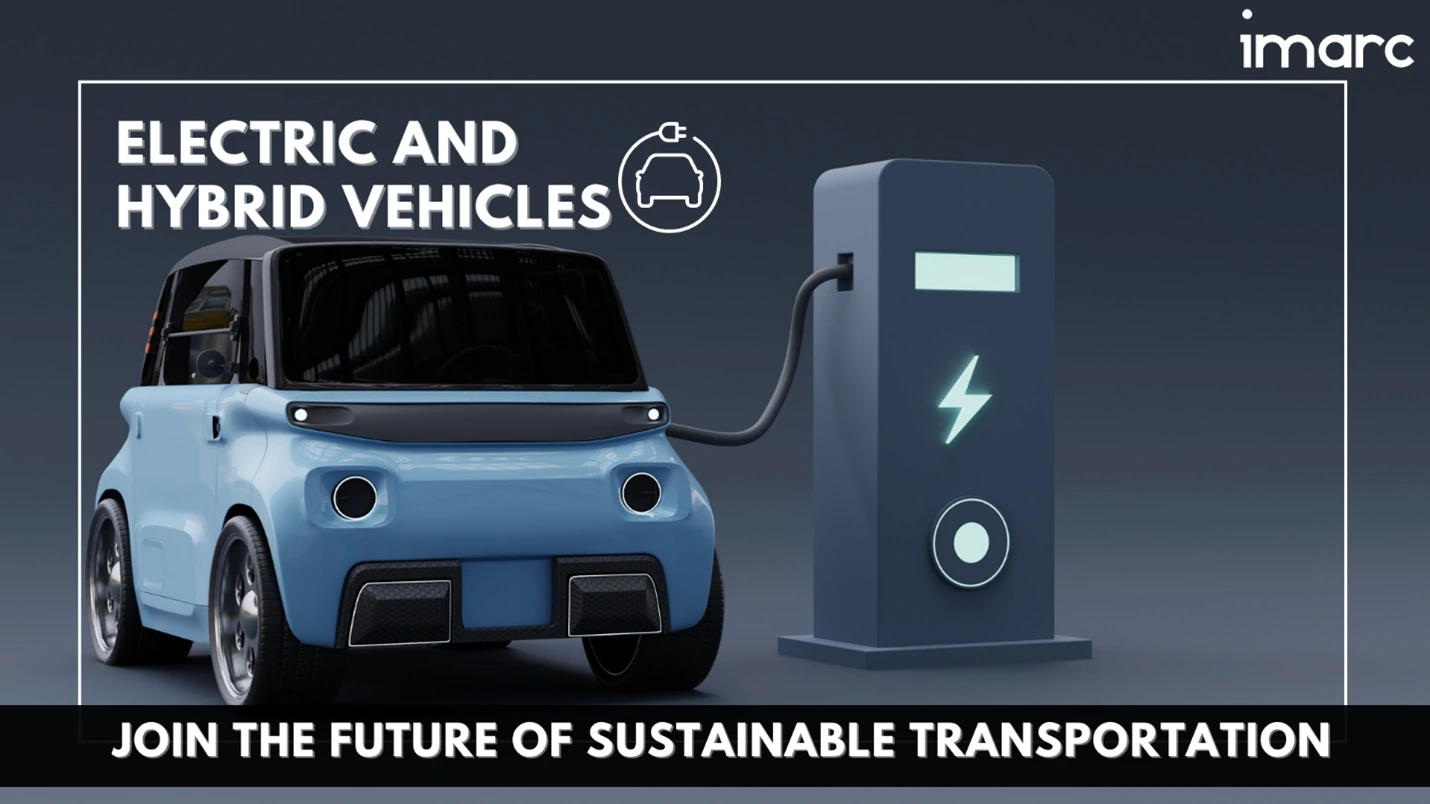
Electric Vehicles (EVs) are powered by electric motors instead of traditional internal combustion engines (ICEs). Electric motors propel EVs by utilizing electricity stored in rechargeable batteries or other energy storage systems. They produce lower or zero tailpipe emissions, reduce air pollution and greenhouse gas (GHG) emissions, and help in mitigating climate change. Electric vehicles consist of various components, such as battery cells and packs, reducers, fuel stacks, power control units, power conditioners, air compressors, humidifiers, motors, on-board chargers, battery management systems, and others. EVs are classified into four types based on propulsion, outlined below.
Battery Electric Vehicles (BEVs): These vehicles run entirely on battery power, producing zero tailpipe emissions. The large battery packs in BEVs provide electricity to propel the vehicle.
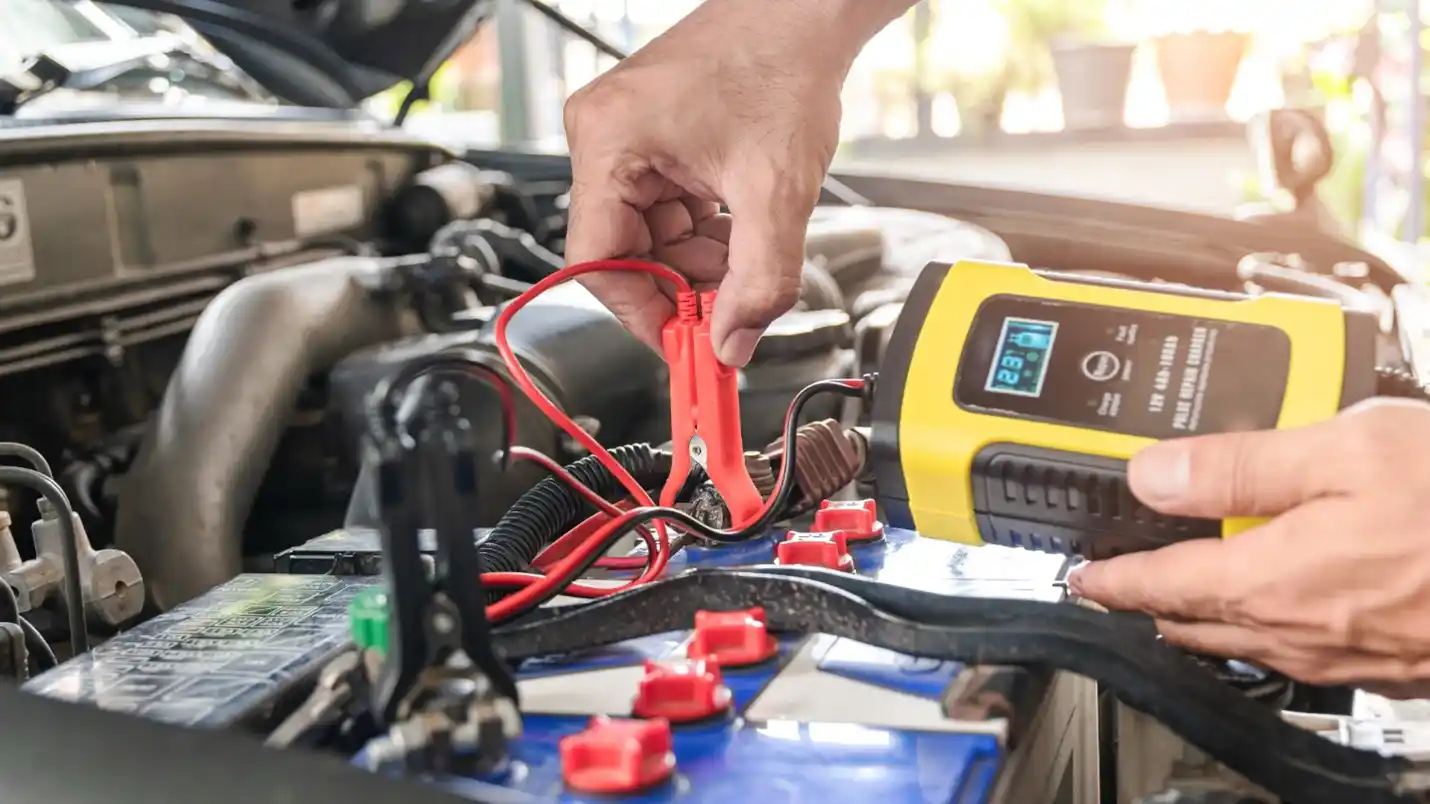
Hybrid Electric Vehicle (HEVs): HEVs combine an electric propulsion system with a conventional internal combustion engine (ICE) vehicle, also known as series hybrids or parallel hybrids. The electric motor assists the engine and regenerates energy during braking. HEVs cannot be charged externally; they rely on the engine and regenerative braking to recharge the battery.
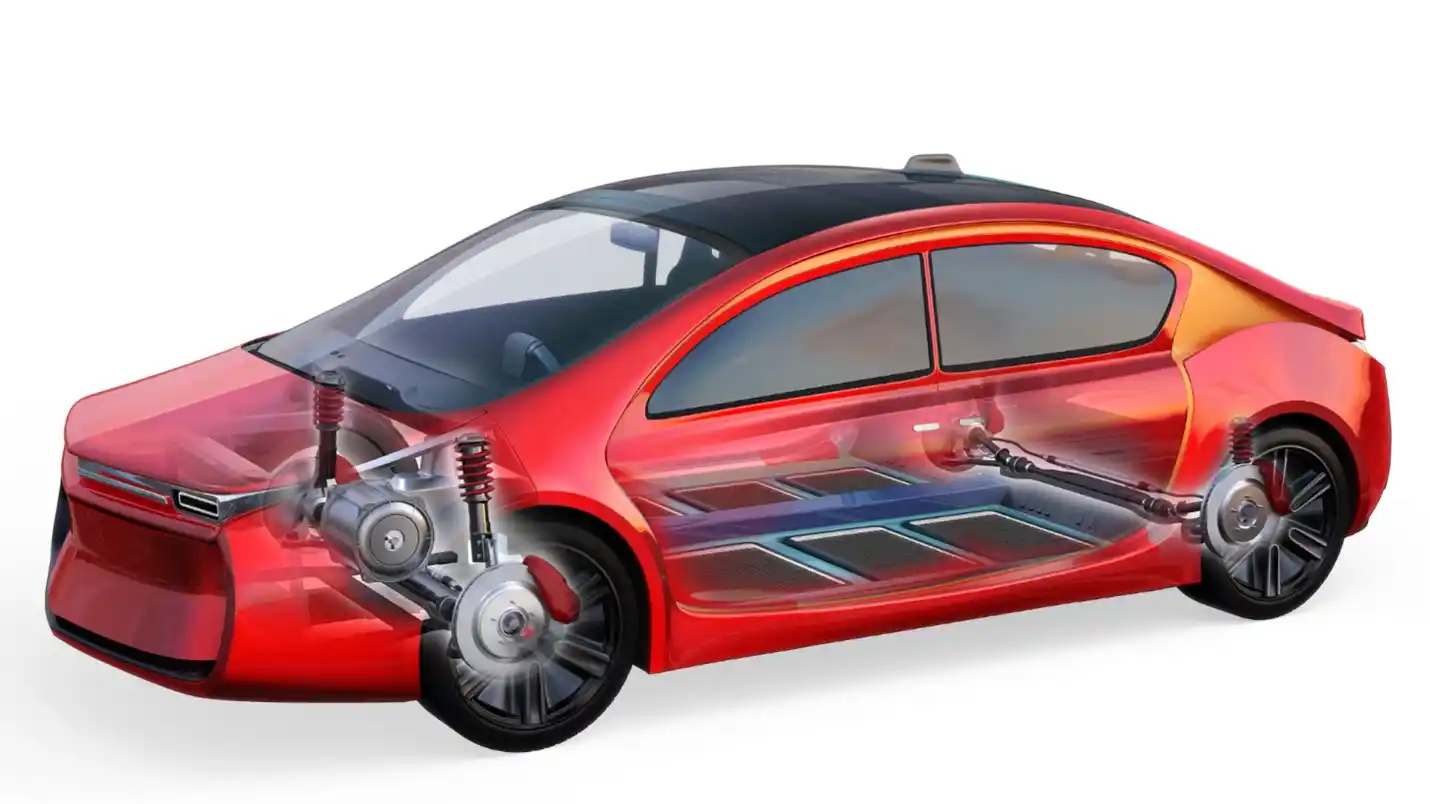
Plug-in Hybrid Electric Vehicles (PHEVs): PHEVs have both an electric motor and a traditional internal combustion engine. These vehicles can be recharged from an external power source and also use internal combustion engines (gasoline and diesel) as backup fuel.
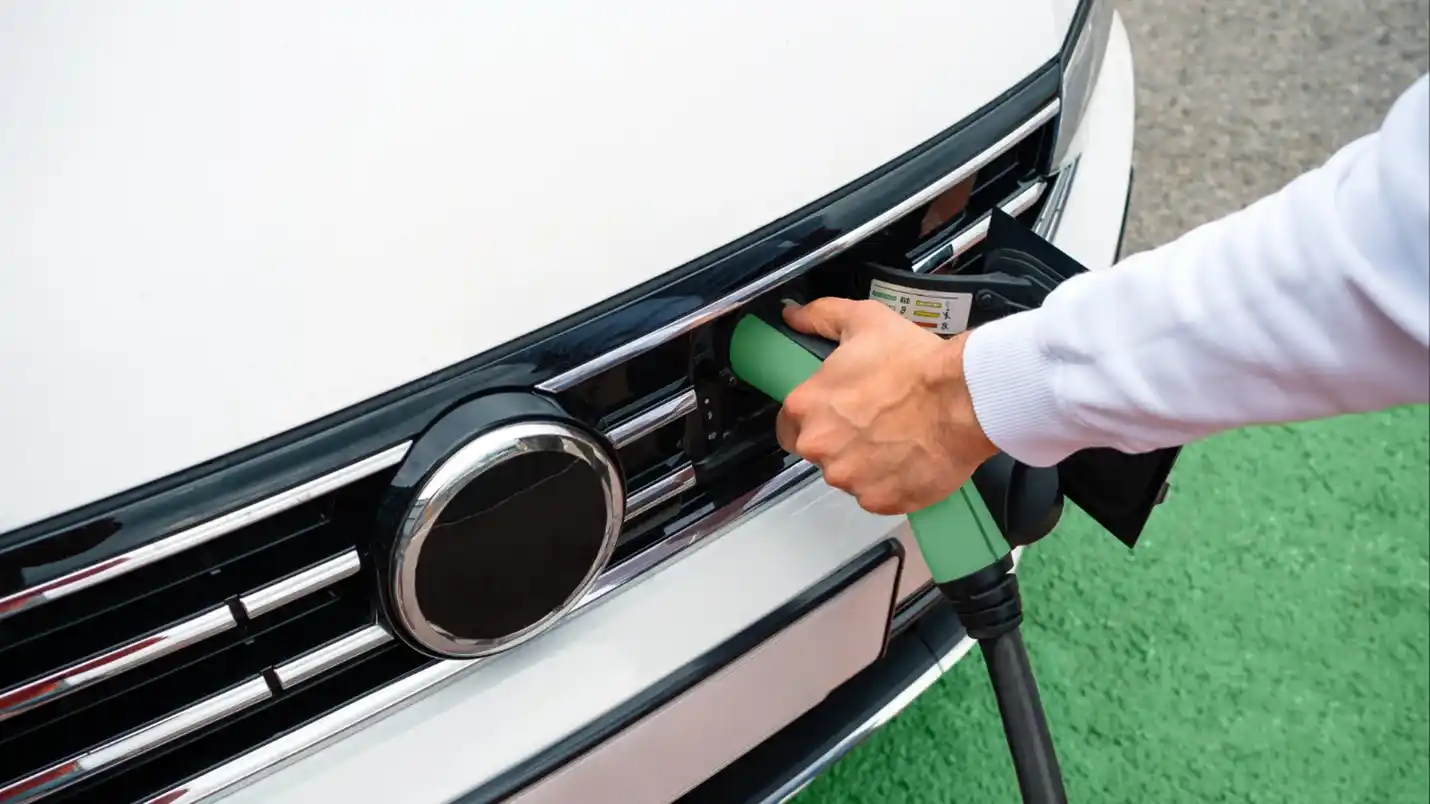
Fuel Cell Electric Vehicles (FCEVs): FCEVs use fuel cell technology to produce electricity for the propulsion of electric vehicles. FCEVs produce zero tailpipe emissions and are also known as zero-emission vehicles.
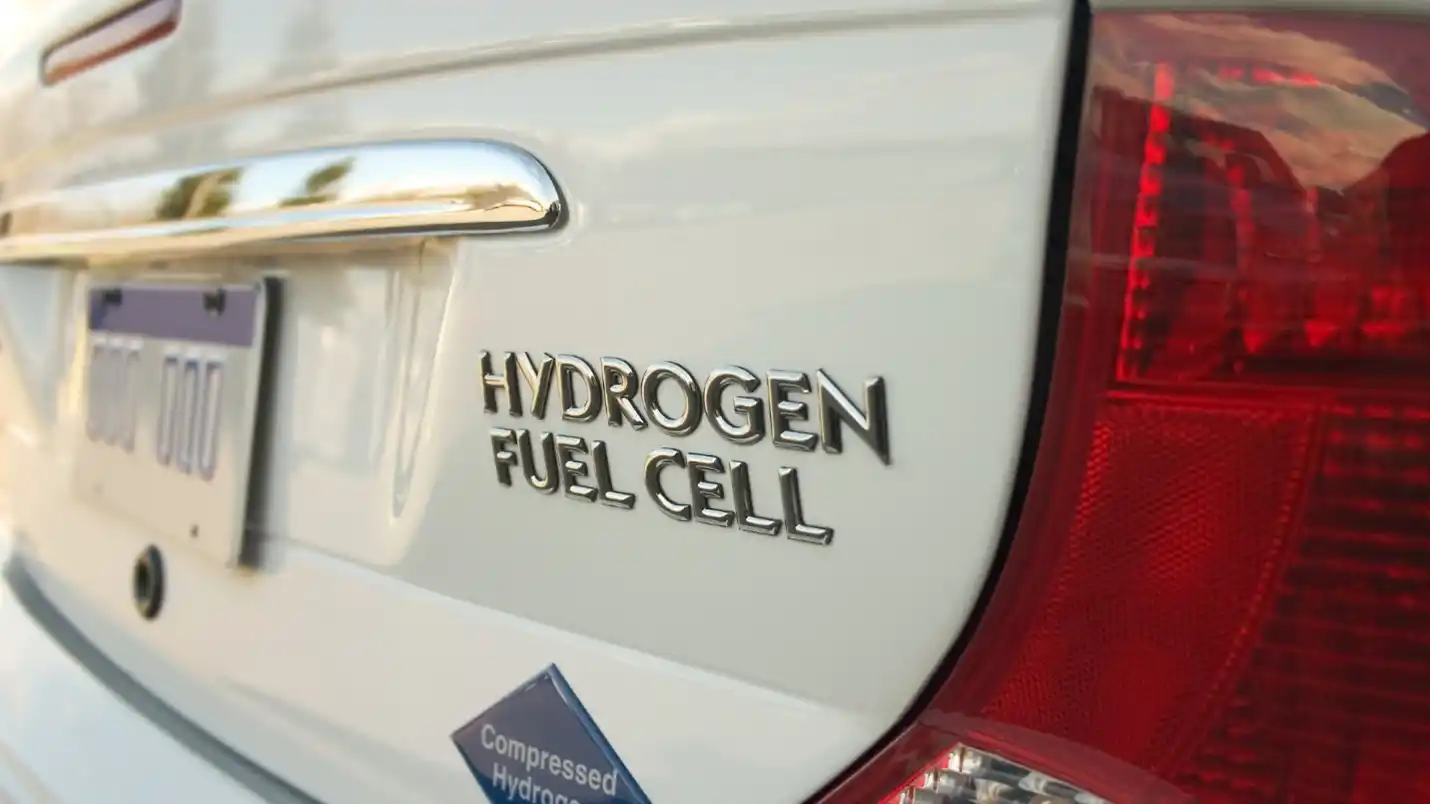
Electric Vehicles: The Changing Landscape of the Automobile Industry
The global electric vehicle market is expected to exhibit a CAGR of 19.2% during 2023-2028, as per recent findings by IMARC Group. The demand for electric vehicles has significantly increased over time. Various factors contributing to the market's growth are outlined below.
Rising Demand for Cleaner Transportation: Awareness about climate change has been increasing, leading to a higher demand for cleaner transportation options. Consumers are widely adopting electric vehicles due to their environmental friendliness and zero tailpipe emissions.
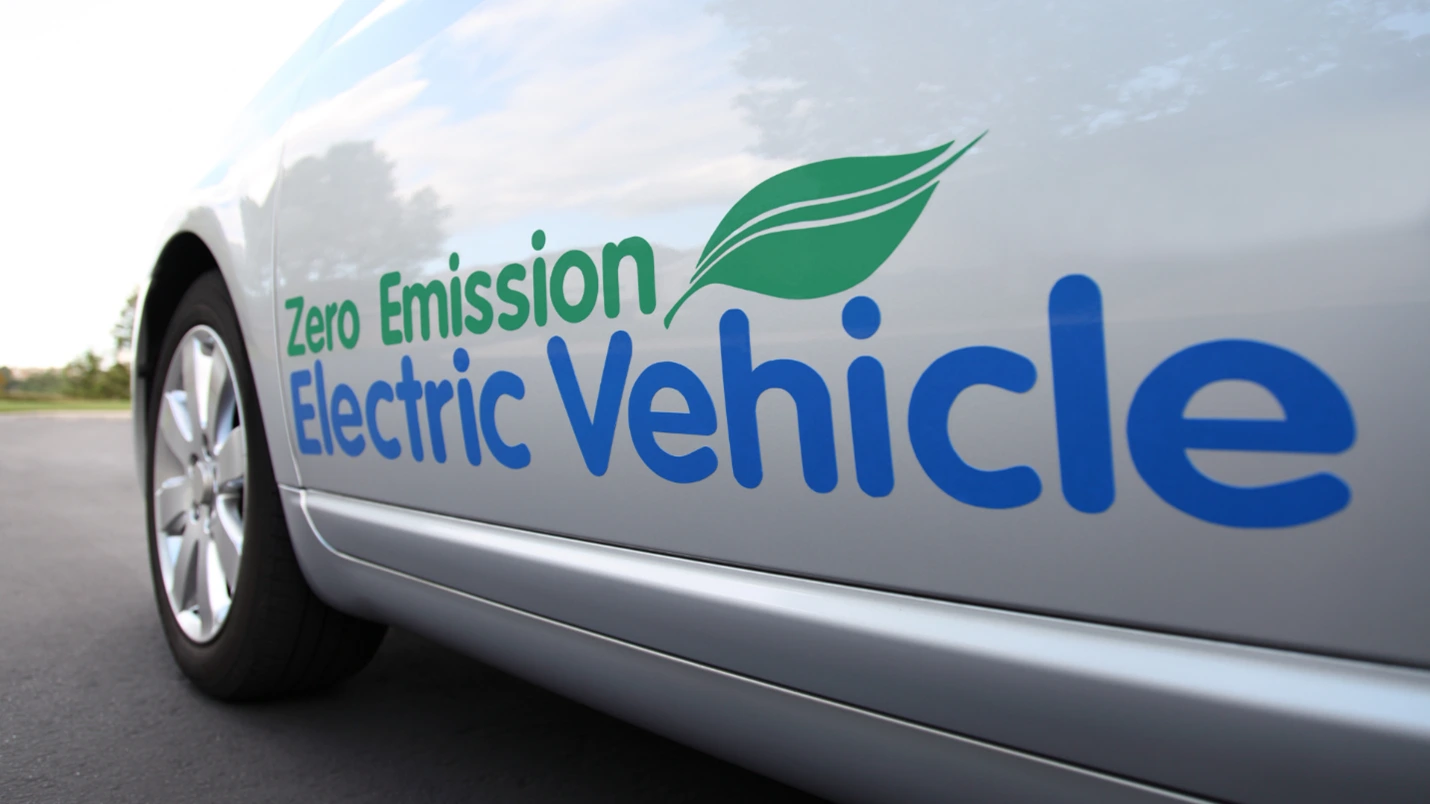
Reducing cost of Li-ion Batteries: Li-ion batteries are the most crucial component of electric vehicles. The reducing cost of batteries over the years has made EVs more affordable, pocket-friendly, and competitive with traditional internal combustion engine vehicles in the market.
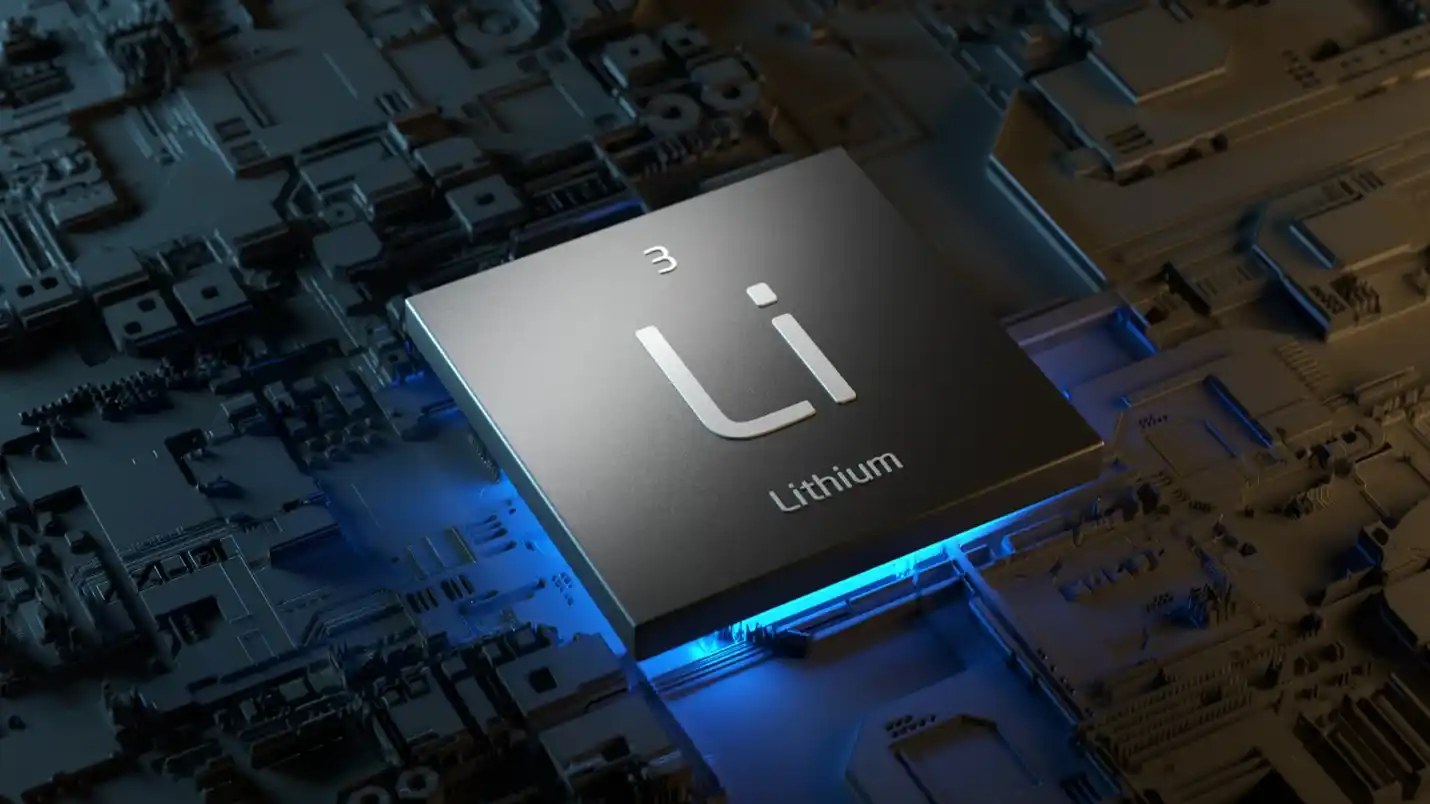
Advancements in Technology: Technological advancements have enhanced the performance, range, and charging infrastructure of electric vehicles. The development of more efficient batteries and an increased charging network are driving the demand for electric vehicles in the market.
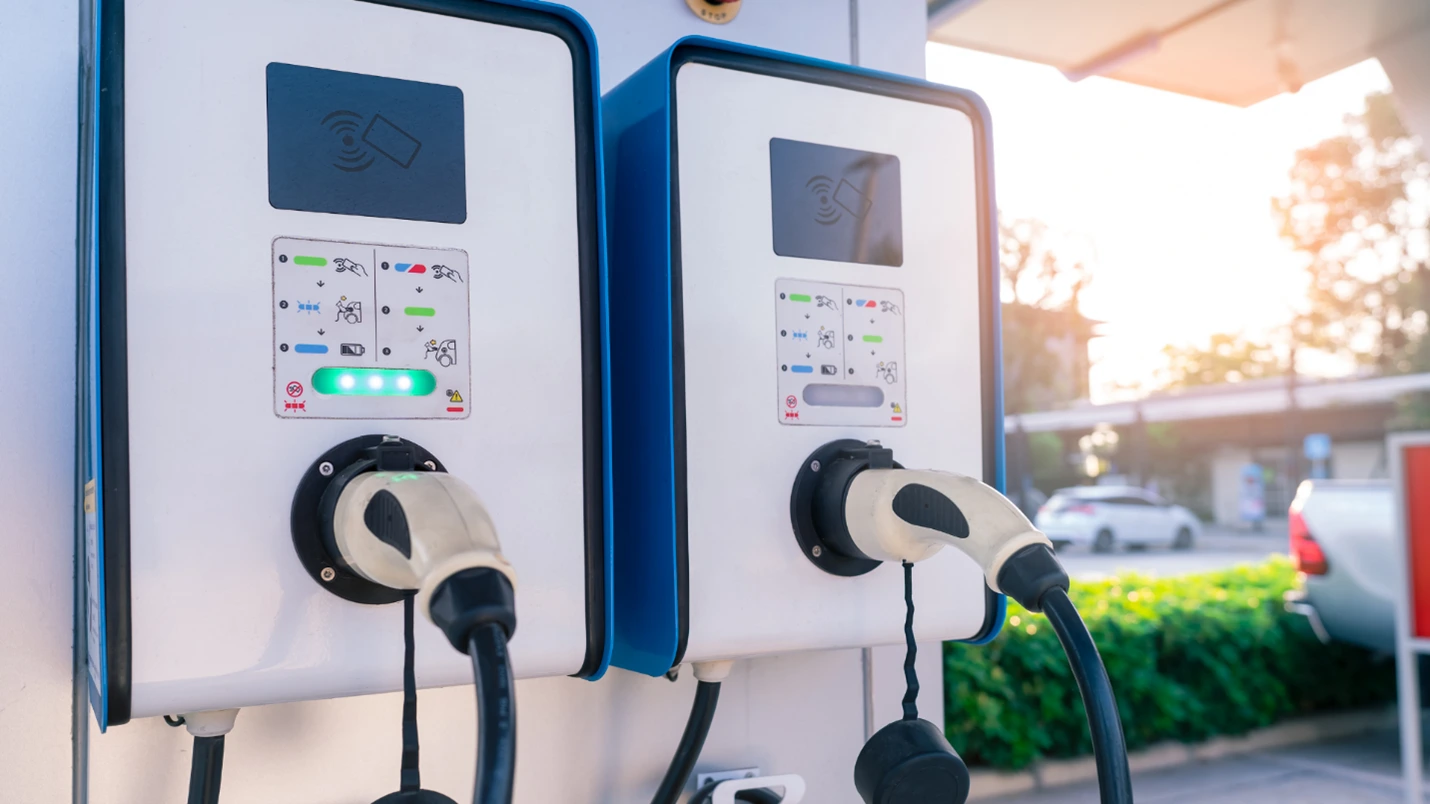
Government Initiatives and Regulation: Governments of various countries are promoting the adoption of electric vehicles by offering incentives and implementing policies, such as tax credits, rebates, grants, and regulations, that encourage automakers to produce electric vehicles.
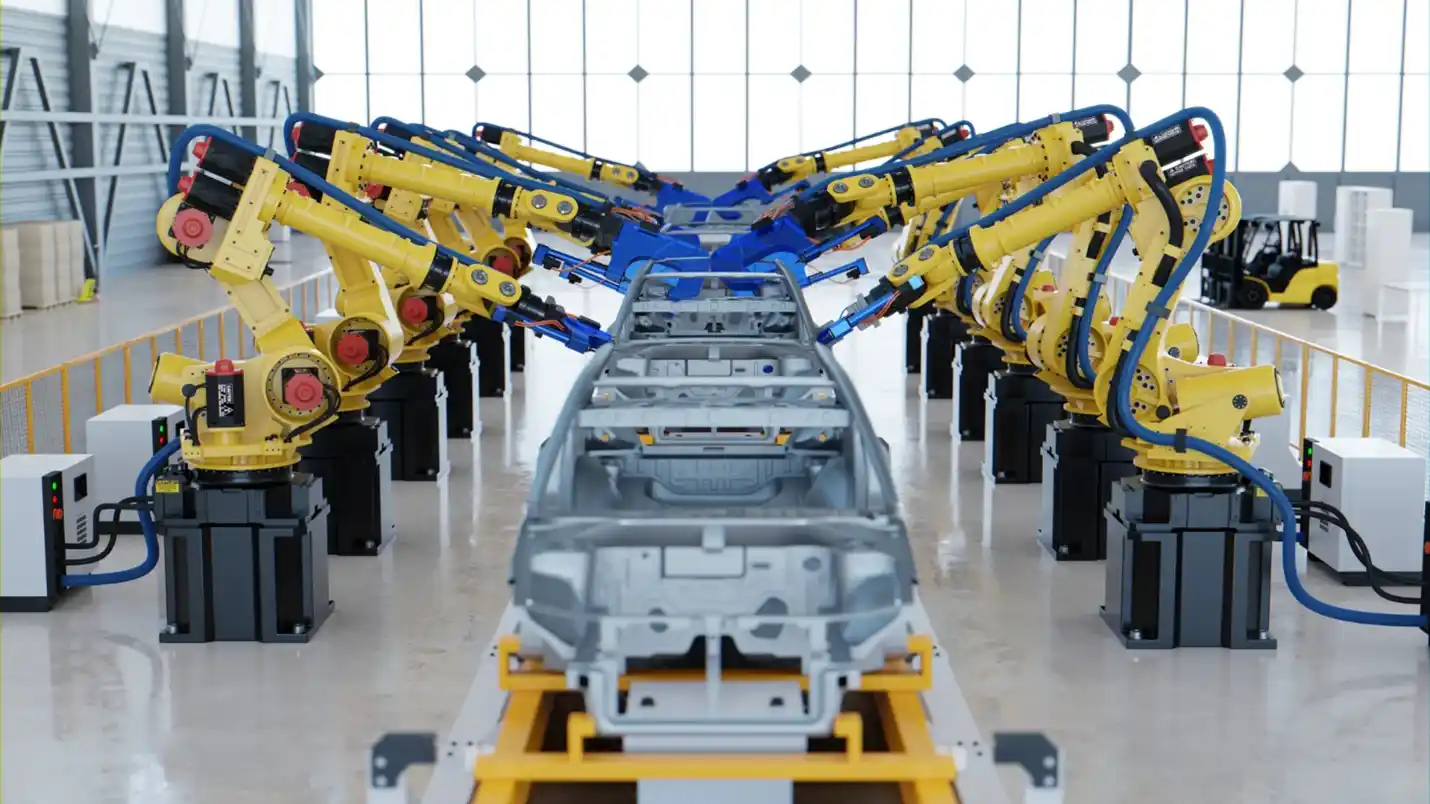
In addition to these factors, leading players including Hyundai Motor Company, Kia Corporation, General Motors, Tata Motors, Tesla Inc., and many others have heavily invested in the development of electric and hybrid vehicles. These vehicles provide higher fuel economy, low carbon emissions, and a smoother drive, which has surged the demand for EVs in the market.
Latest Industry Updates
- Tata Motors has launched Tiago.ev, an electric vehicle in the hatchback segment. It offers multiple combinations of IP67-rated battery packs (water and dust resistant) and charging options, including a 24-kWh battery pack. It delivers a MIDC range of 315km for longer daily driving needs and a 19.2 kWh battery pack for short and frequent trips, providing an estimated MIDC range of 250km.
- BYD Company Limited has launched three electric vehicles in Europe: the ETP3 Panel Van, the ETM6 Cargo Truck, and the ETH8 Truck. All three vehicles are zero-emission and equipped with safety features, such as collision avoidance systems and lane departure warning systems.
- Daimler AG, a commercial vehicle maker, has launched an electric medium-duty truck brand called "Rizon" in the United States. It will offer Class 4 and Class 5 trucks with lithium iron phosphate battery technology.
- Audi will launch the electric SUV Q8 e-tron next month in India in two body types: the Q8 e-tron SUV and the Q8 e-tron Sportback. The Q8 e-tron SUV will offer a 114-kW battery as compared to the existing e-tron, which has a 95-kW battery.
Driving into the Future: Unleashing the Potential of Electric Vehicles
- Governments are imposing strict emission standards to reduce greenhouse gas emissions and combat climate change. In order to meet these standards, automakers have to produce cleaner transportation, driving the adoption of EVs in the market.
- Moreover, the charging infrastructure is continuously expanding, with an increased number of public charging stations and advancements in fast-changing technologies. The easy availability and accessibility of charging stations will boost the electric vehicle market in the forecast period.
- Automakers are continuously expanding their EV offerings, introducing new models across various vehicle segments. The growing variety of EV models is another major factor contributing to the market's growth.
Impactful Insights: Stay Ahead of the Curve with IMARC's Unmatched Expertise
Companies need to set goals for the development of new and innovative electric vehicles. It is necessary for them to analyze their existing product and identify areas where new technological advancements can be introduced in the manufacturing of electric vehicles for a better user experience. The analysis of competitors’ business strategies and innovation of products is again a very important parameter for developing unique and featured EVs.
At IMARC Group, we specialize in assisting companies through market research to identify the latest trends, business strategies, and product opportunities. We assist organizations in the electric vehicles market in finding their target audience, their preferences, and purchasing behaviour, and creating powerful marketing plans. We can assist by providing information on new product launches, innovation, and recent trends and developments. We help businesses position themselves for long-term success and growth.
Our Clients
Contact Us
Have a question or need assistance?
Please complete the form with your inquiry or reach out to us at
Phone Number
+91-120-433-0800+1-201-971-6302
+44-753-714-6104










